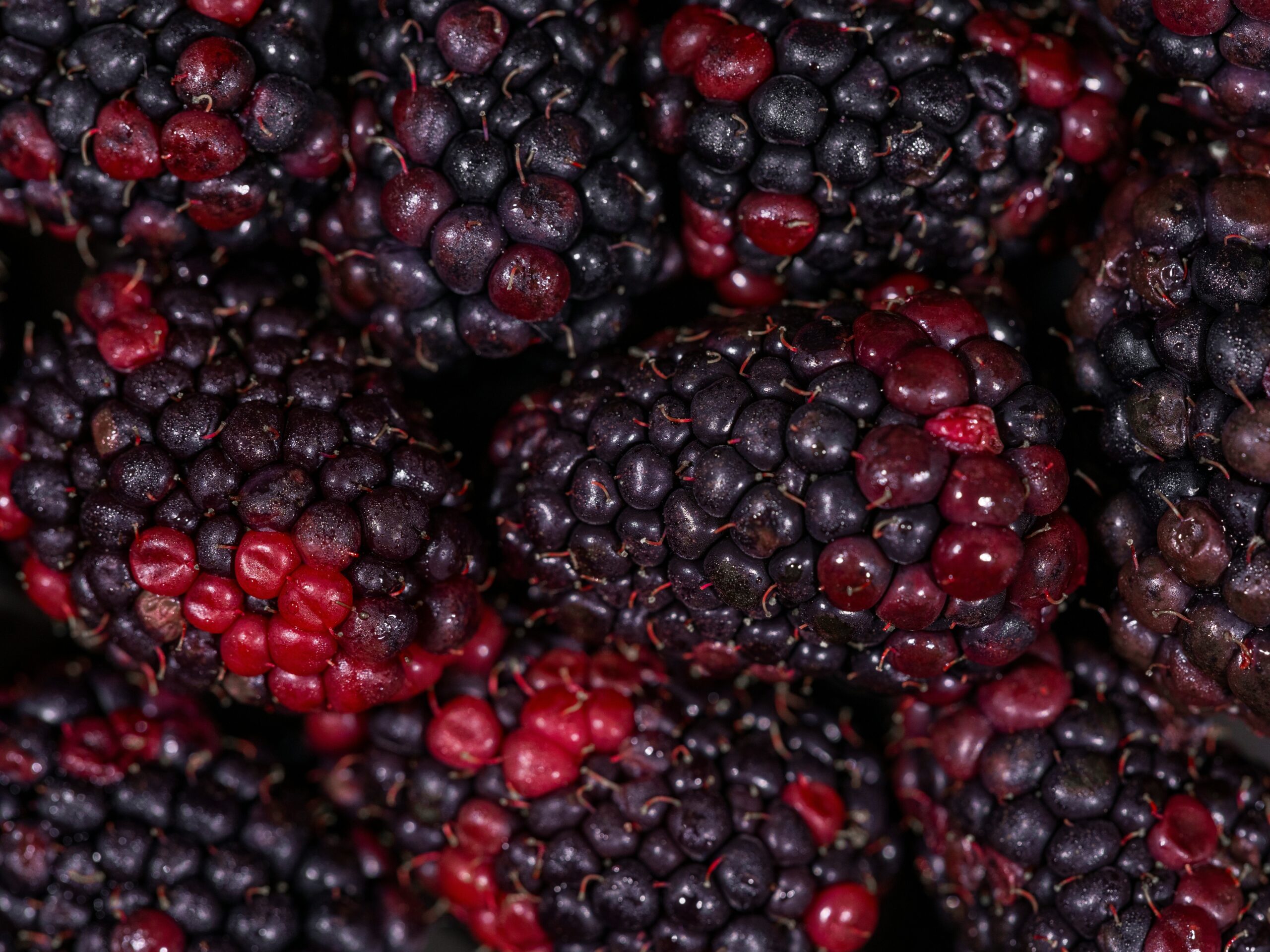Ever stared at your reflection after a long day, wondering why your skin looks dull and tired despite all the fancy creams you’re using? You’re not alone. Many people are searching for skincare solutions that don’t rely on harsh chemicals—solutions rooted in nature itself. Enter natural antioxidants for skin derived from organic plants. In this post, we’ll dive deep into how these powerhouse ingredients can give your complexion the glow-up it deserves.
Table of Contents
- Why Natural Antioxidants Matter For Your Skin
- Step-by-Step Guide to Using Natural Antioxidants
- Top Tips for Maximizing Benefits
- Real-Life Examples of Antioxidant Success
- Frequently Asked Questions About Natural Antioxidants
Key Takeaways
- Natural antioxidants like vitamin C and E fight free radical damage.
- Organic plants such as green tea and turmeric are rich sources of antioxidants.
- A balanced routine helps maximize antioxidant benefits without overloading your skin.
Why Natural Antioxidants Matter For Your Skin
Let’s get real for a second: Our skin is under constant attack—from pollution, stress, UV rays, and even our own lifestyle choices (yes, late-night Netflix marathons count). Free radicals generated by these factors cause oxidative stress, leading to premature aging, dark spots, and wrinkles.
Here’s where natural antioxidants come in—they act like tiny superheroes neutralizing free radicals before they wreak havoc. Remember that time I tried an expensive serum promising miracles but ended up with clogged pores? That’s when I realized synthetic ingredients weren’t cutting it. Switching to plant-based alternatives transformed my skin game.

Antioxidants fight off damaging free radicals to maintain youthful, radiant skin.
Step-by-Step Guide to Using Natural Antioxidants
- Identify Your Needs: Do you need hydration, anti-aging, or brightening? Different antioxidants cater to different concerns. For example, vitamin C boosts radiance while rosehip oil tackles fine lines.
- Choose High-Quality Products: Look for serums, oils, or masks made from organic plants. Always check labels for terms like “cold-pressed” or “wildcrafted.”
- Patch Test First: Yeah, yeah, patch tests feel tedious—but trust me, breaking out isn’t cute. Apply a small amount behind your ear and wait 24 hours.
- Incorporate Into Your Routine: Start slow. Add one antioxidant-rich product at night, then build up depending on how your skin reacts.
Grumpy Optimist Dialogue:
Optimist You:* “Adding new products means healthier skin!”
Grumpy You: “Cool, but if I hear one more buzzword-y sales pitch, I might scream.”
Top Tips for Maximizing Benefits
- **Combine Wisely:** Pair antioxidants with hydrators like hyaluronic acid for best results. Avoid layering too many active ingredients; simplicity = sustainability.
- **Stay Consistent:** Unlike instant coffee, natural skincare doesn’t deliver overnight magic. Stick with it for at least four weeks to see changes.
- **Eat Clean Too:** What you put inside matters just as much. Load up on foods rich in antioxidants like berries, spinach, and nuts.
Brutal Honesty Alert: Don’t fall for gimmicky DIY hacks promoting lemon juice as a toner—it’s way too acidic and strips your skin barrier. Just say no.
Real-Life Examples of Antioxidant Success
Take Sarah, a 32-year-old content creator who swapped her chemical-laden moisturizer for a green tea extract serum. Within two months, she noticed fewer breakouts and smoother texture. Or consider Mark, whose sun-damaged hands regained elasticity thanks to a homemade calendula balm.

Sarah saw dramatic improvement in her skin clarity after switching to natural antioxidants.
Frequently Asked Questions About Natural Antioxidants
Are natural antioxidants safe for sensitive skin?
Most are, but always patch test first! Some potent extracts like licorice root may irritate extremely reactive skin types.
Can I mix multiple antioxidants together?
Absolutely—but avoid overdoing it. A combo of vitamin C and ferulic acid works wonders, but piling five actives at once could overwhelm your skin.
How do I know if a product contains natural antioxidants?
Scan ingredient lists for botanical names like Camellia Sinensis (green tea) or Curcuma Longa (turmeric).
Conclusion
Natural antioxidants for skin sourced from organic plants offer a holistic approach to skincare. By incorporating them thoughtfully into your routine, you’re investing in both immediate improvements and long-term health. And remember, Rome wasn’t built in a day—neither will flawless skin be!
Like nurturing a Tamagotchi, consistency is key. Treat your skin right, and it’ll reward you tenfold.
Rose petals kiss dry cheeks,
Glow grows day by day.


